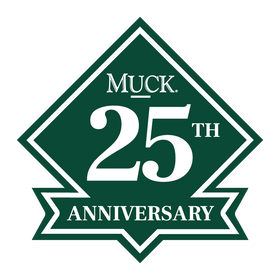
Step forward Bumblebee Fans
I am often found grovelling around on pavements, mostly I recall in London, something that I take in my stride these days, but I still get odd looks. On this ‘don’t step on a bee day’ I think we should all watch where we step and keep a close eye out for Bumblebees who maybe struggling to find some flowers on which to feed. If you see a bumblebee on the ground, I suggest you gently pick it up, (they very rarely sting, but if you are worried pick it up on a piece of paper or leaf) and place it on a nearby flower. You will have an amazing warm and fuzzy feeling for helping to save one of our most incredible and amazing insects.
Having saved a bumblebee from being stepped on I can share some more good news as a result of your kindness. You have played an important role in halting and reversing the decline in our wild bees, bumblebees, and solitary bees.

Please don’t stop there because with some simple actions you can make a huge and positive difference – check out our Bee the Change campaign and make a pledge, I promise you it will help.
We can also provide opportunities for bumblebees by planting bee friendly flowers, (our free to use Beekind tool will help). We can also learn about them and their importance for the recovery of our planet and crucially we can learn to love them because we protect that which we love, and our bumblebees need protection.


CEO Bumblebee Conservation Trust
https://www.bumblebeeconservation.org/




